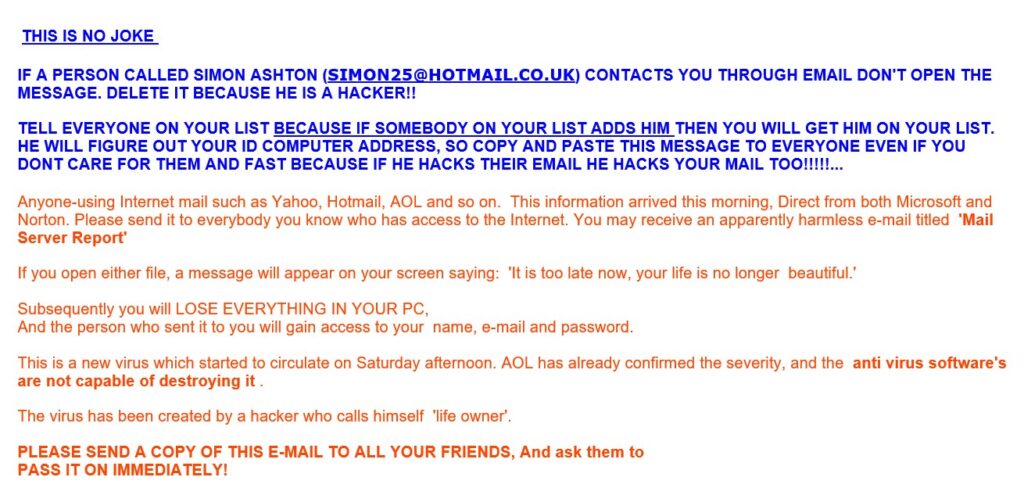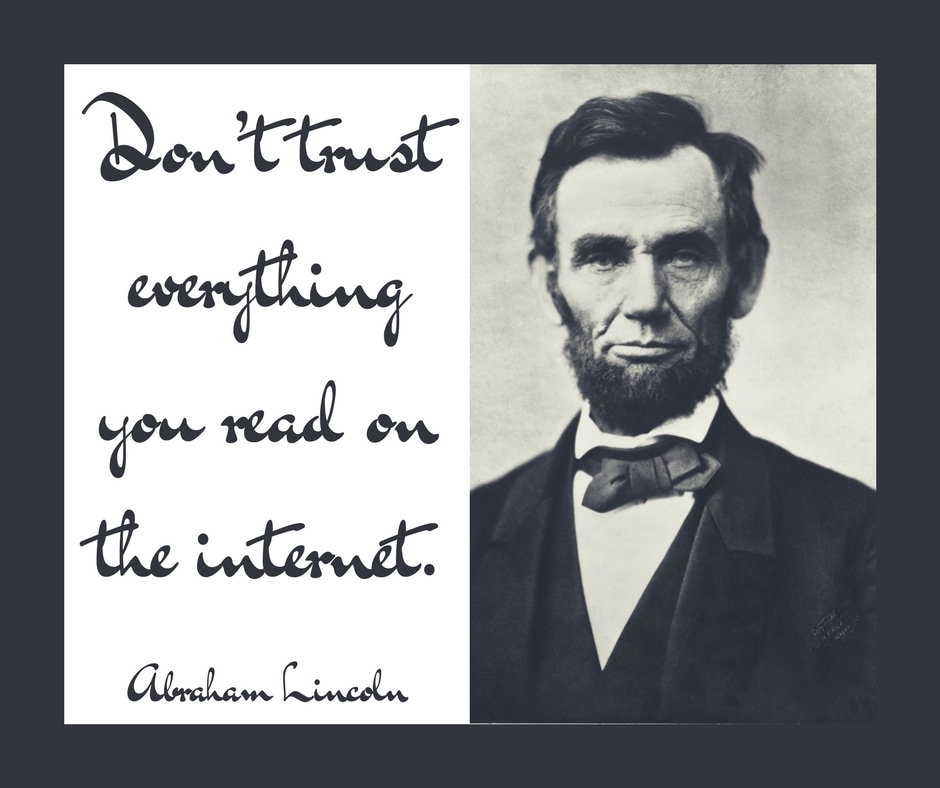
In 2009, when my Dad forwarded this chain email to me I replied, “Thanks for the heads up, but actually, this is a hoax … see this article on Snopes. It’s always worth checking on Snopes – a site which exists to debunk urban myths and other such things – before forwarding them on.” But that was eight years ago, so why am I raising it now?
There has always been misinformation flying around the internet, but it has never seemed more prevalent than it is today. From hoaxes through dubious sites luring you with click-bait to increase their advertising revenue to “fake news” designed to sway your opinion it’s undeniable that we live in a world where we need to fact-check more than ever.
While the internet can be an outlet for widespread misinformation, it also inspires a community developing tools to fight back. Tools like:
- snopes.com: established in 1994 to share research on urban legends, one of the earliest claims it debunked was that the late Walt Disney was frozen and hidden in a safe place within Disneyland. Over the years, it evolved to investigate a much wider range of rumours, scams and questionable facts and has long been my go-to site for checking suspicious stories. It still has a lighter side – a recent article addresses the “’Secret Symbolism’ of Oreo Cookies” – but now releases multiple articles every day addressing the popular stories in the news. And yes, snopes’ own validity has been fact-checked by FactCheck.org!
- fullfact.org: for UK-based stories, Full Fact is an independent fact-checking charity. If, for example, you don’t believe the politicians’ statistics on Question Time, you’ll get the truth here. Full Fact has recently gone into partnership with Google to build the first “fully automated end-to-end fact-checking system”, presumably to help Google expand the use of the Fact Check label in its News Feed.
- politifact.com: for news from the US, Pulitzer Prize-winning Politifact rates, on a scale from True to Pants on Fire, “the accuracy of claims by elected officials and others who speak up in American politics.”
- reporterslab.org/fact-checking: not a fact-checker itself, instead this points to over 100 fact-checking sites worldwide, including those of the Guardian, BBC and Channel 4.
- slate.com: take your filtering one step further and install their “This is Fake” extension in Chrome to “help combat the proliferation of bogus stories”. Do take the time to read their insightful article on how and why.
The advice I gave to my Dad all those years ago still holds true. As Abraham Lincoln once said, “Don’t trust everything you read on the internet.”


Leave a Reply